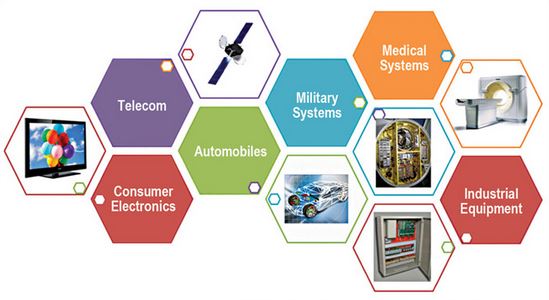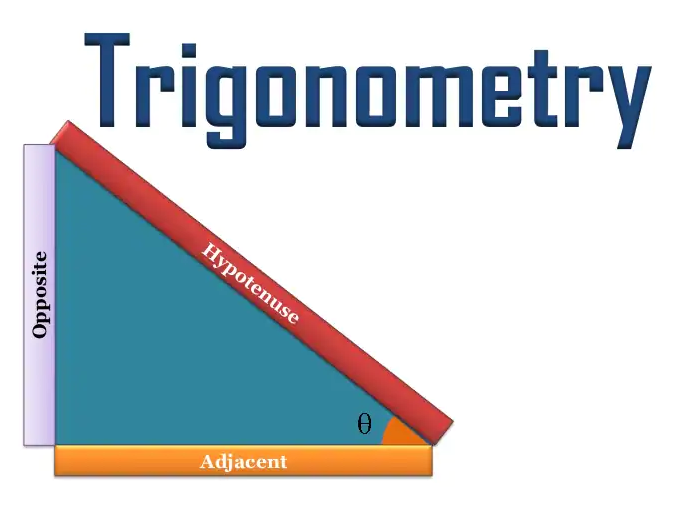This course consists of a set of lectures dealing with advance logic design and introduction to HDL. This course involves laboratory activities and simulations of circuits and designed HDL program.
ilogic101.gnomio.com
-
Welcome to your Moodle site
Now, you are in control!
Here are some links of interest:
Available courses
This course is covering the fundamental concept of Machine Learning. This course will introduce the theories and methods applied in machine learning. This contains introduction of machine learning applications. In terms of laboratory activities, the course will utilize python programming language in the development of projects and lab activities.
Solving computational problems that involve manipulating collections of data, study a core set of data abstractions, data structures, and algorithms that provide a foundation for writing efficient programs.
Note: This course requires Computer System (Laptop or Desktop Computer)

This course is the reinforcement of the course embedded system, this course focuses in the application of embedded systems, and within this course is the components of embedded system in terms of hardware and software.
The course includes design and analysis or digital circuits. This course covers both combinational (synchronous and asynchronous) logic circuits with emphasis on solving digital problems using hardwired structures of the complexity of medium of large-scale integration. This course focuses also on providing simulation (Because of the PANDEMIC) or hands-on (if possible) experience in designing Digital Circuits.
Note: This course requires Computer, Circuit Maker Application and Digital Trainer
A laboratory course that introduces hardware description language as a tool for designing and testing combinational and sequential circuits. It covers fundamental of concepts of HDL and the basic building blocks of HDL programming.
Note: This course requires Computer and any HDL software tool
Basic information technology concepts; fundamentals of algorithm development; high-level language and programming applications; computer solutions of engineering problems.
This course discusses the construction, operation and characteristics of basic electronic devices such as junction diodes, bipolar junction transistors, Field Effect Transistors and MOS Field Effect Transistors and oscillators.
This course covers the different phases of systems development and engineering with focus on analysis and design. It covers how to handle requirements, architectural design, integration and verification and shall be facilitated thru project-team design approach in accordance with recognized standards. The students will also be introduced to recent work on the complexity of real world systems, with issues such as multi-level systems, and iterative development.
This is an introductory course in computer programming logic. The student will learn algorithms applicable to all programming languages, including: identifiers, data types, arrays, control structures, modular programming, generating reports, and computer memory concepts. The student will learn to use charts commonly used in business and information processing. Program logic will be developed using flowcharts and pseudo code. Programs will be written using any programming language.
Note: The students are encourage to have their own laptop computer
